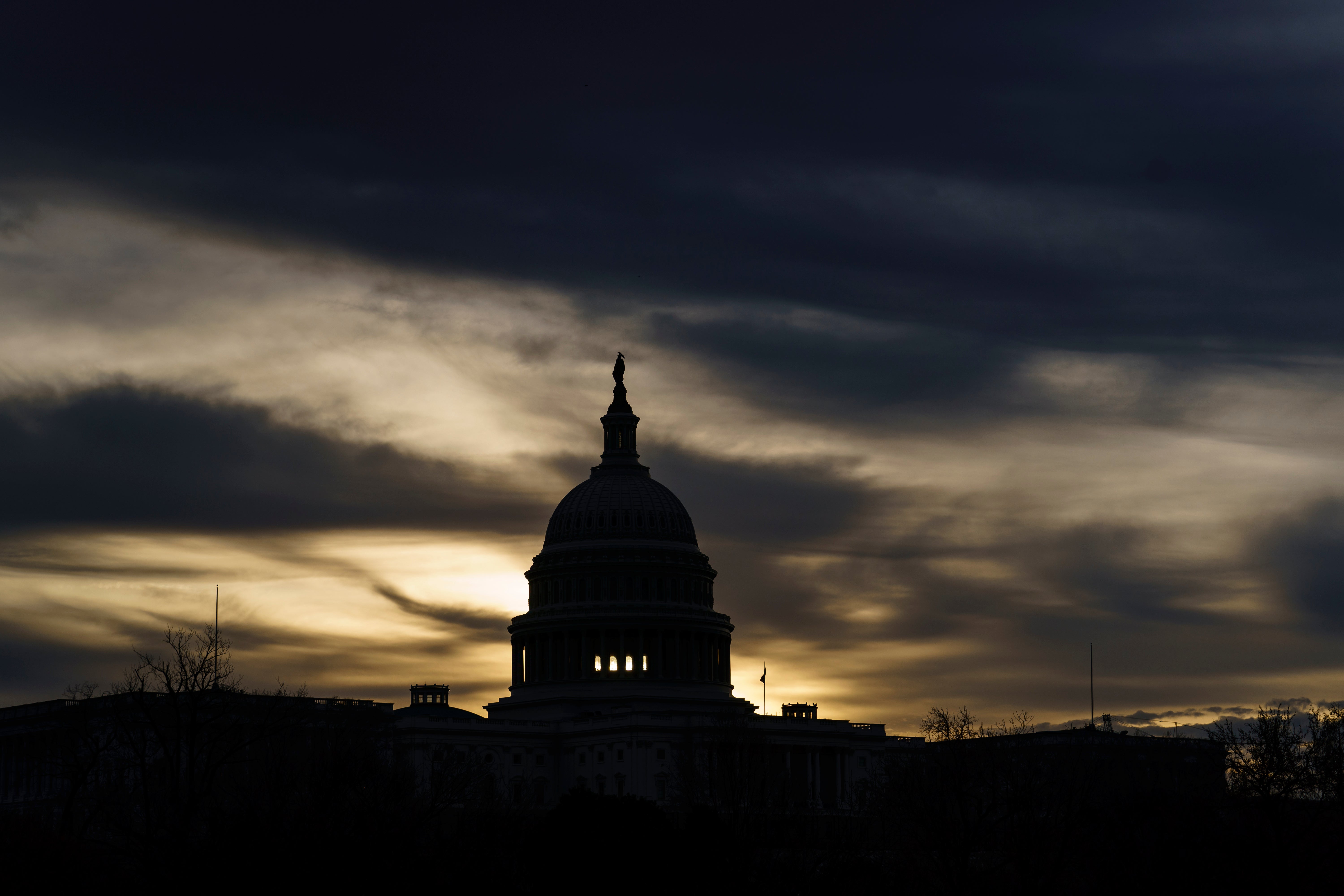How important are filibuster rules to the US Congress – and what does the future hold?
The latest attempts to modify the rules could have big future implications for both Democrats and Republicans, writes Chris Stevenson


Democratic senators Joe Manchin and Kyrsten Sinema sided with Republicans this week to protect the legislative filibuster – used to delay action, usually a final vote, on a bill or other issue by invoking the right to unlimited debate. It requires 60 votes to end these debates.
The Democrat leadership in the Senate had been seeking to end the filibuster in order to help pass sweeping new voting protections. With the Senate split 50-50 – and Republicans opposed to the voting measures – Democrats and Joe Biden’s White House have said that the legislation is important enough to mean the end of the filibuster. “Isn’t protecting voting rights, the most fundamental wellspring of this democracy, more important than a rule?” the leading Democrat in the Senate, Chuck Schumer, said.
Manchin and Sinema believe otherwise. “For those who believe that bipartisanship is impossible, we have proven them wrong. Ending the filibuster would be the easy way out. I cannot support such a perilous course for this nation,” said Manchin. While Sinema supports the voting rights legislation, she said: “I also maintained my longstanding opposition to separate actions that would deepen our divisions and risk repeated radical reversals in federal policy, cementing uncertainty and further eroding confidence in our government.”
So the vote on the filibuster fell 52-48 and over the weekend the Arizona Democratic Party formally censured Sinema for her actions, with the state’s party chair, Raquel Teran, saying in a statement: “While we take no pleasure in this announcement, the ADP executive board has decided [this] as a result of her failure to do whatever it takes to ensure the health of our democracy.”
So what now for the legislative filibuster? It may have been protected for now, but the fact that 48 Democrats are on board with ending it means that it is likely on thin ice. Even if the Democrats do not force through the change, Republicans are expecting to prosper in the midterm elections in November (part of the reason for Democrats seeking the extension of the protection of voting rights) and could decide to change the rules at a later date.
Both sides have sought reform before. In 2013, the Democratic majority exempted presidential appointments from the 60-vote rule. This “nuclear option” did not include nominations to the US Supreme Court. However, in 2017, the then-Republican majority in the Senate used the same procedure to exempt Supreme Court nominations from the filibuster as well. So future change depends so much on who holds the power in Congress.



Join our commenting forum
Join thought-provoking conversations, follow other Independent readers and see their replies
0Comments